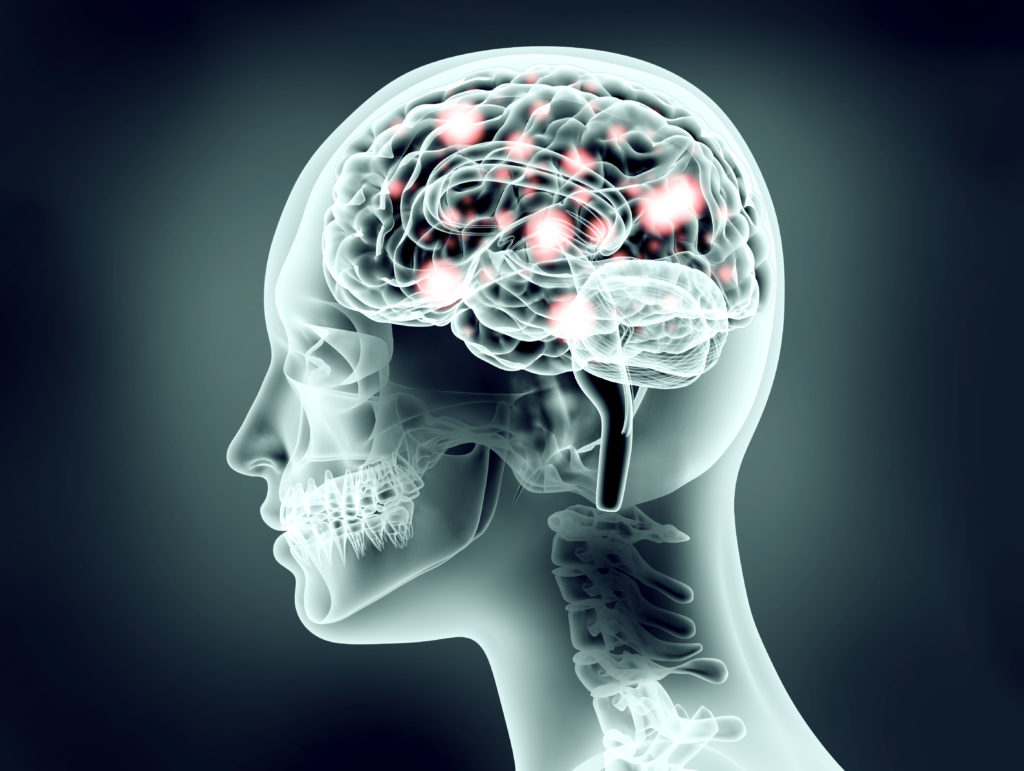Astronauts can have due to fluid in her brain, blurred vision
In a new study has shown that longer stays in space have altered the brains of the astronauts. These changes lead to visual impairment and also keep for a long time after returning to earth.
More fluid in the brain
Long space flights is of the brain: the astronauts, the months in zero gravity, have lived, have more fluid in the brain, which can impair your vision long after your return to earth. The researchers have found to Angelique Van Ombergen of the University of Antwerp (Belgium). Their study results were published recently in the American journal “Proceedings of the National Academy of Sciences” (PNAS).

Gravity pulls body fluids down
On earth the force of gravity of the body draws down liquids to the feet. In space, this is not the case.
“As soon as you reach zero gravity, the flow of body fluids in the upper body area,” said Van Ombergen according to a report in the magazine “New Scientist”.
“That’s why astronauts on the space station to look at images as if they have a bloated head.”
Van Ombergen and their colleagues studied the brains of eleven Russian cosmonauts, and the space stay, in order to determine the effects of micro-gravity on the cerebral ventricles (with cerebrospinal fluid-filled cavities in the brain).
Effects on brain function are still unclear
The scientists found that the volume of the ventricles had enlarged in the return of the cosmonauts to an average of more than eleven percent, the additional fluid which flowed in the absence of gravity in their heads.
Seven months after the return of the ventricles were still more than six percent greater than before the Start of the cosmonauts.
According to the report, is not yet clear what impact this can have on brain function.
The Team found a correlation between the volume of one of the four ventricles, and the loss of visual acuity.
However, this was not strong enough to be sure that the inflated ventricle is actually causing the blurred vision is a common complaint in astronauts.
Important aspect for a trip to Mars
According to Van Ombergen the fact that there are changes in the brain should motivate to further studies.
All of the cosmonauts in this study were approximately six months on the ISS space station. Therefore, we do not know whether the effect is the more pronounced, the longer you live in zero gravity.
This is an important aspect for longer flights, for example, in the case of a trip to Mars.
In addition, all studied individuals were men, in women the effect could be different, said the scientist.
“We really need to check the brain, the visual System check, perception check, because we do not know whether this has an impact,” Van Ombergen.
And we need to investigate “people, the different periods of time in space, spent, to see whether the effect continues to increase”, explained the researcher. “Currently, no one knows.” (ad)
